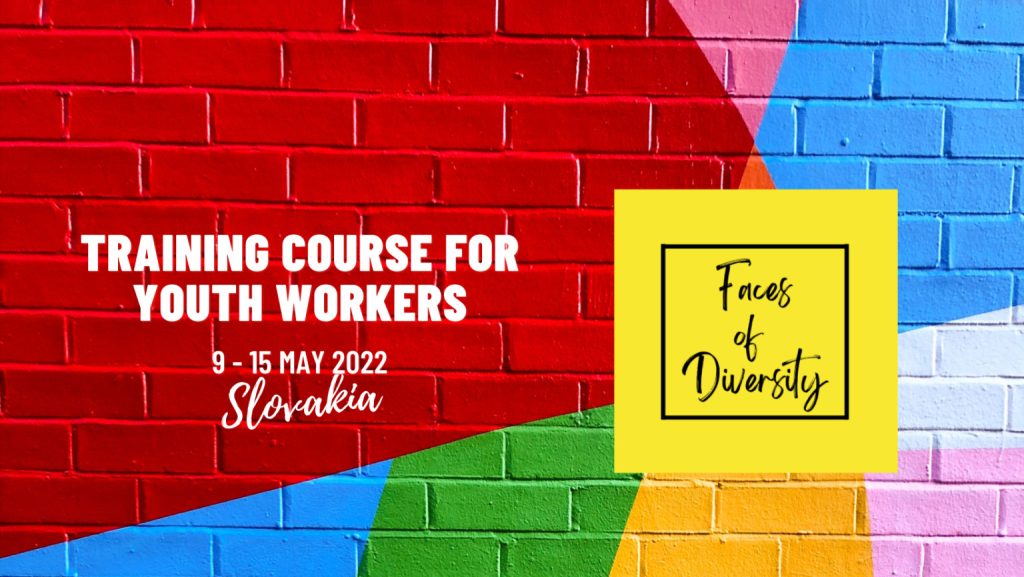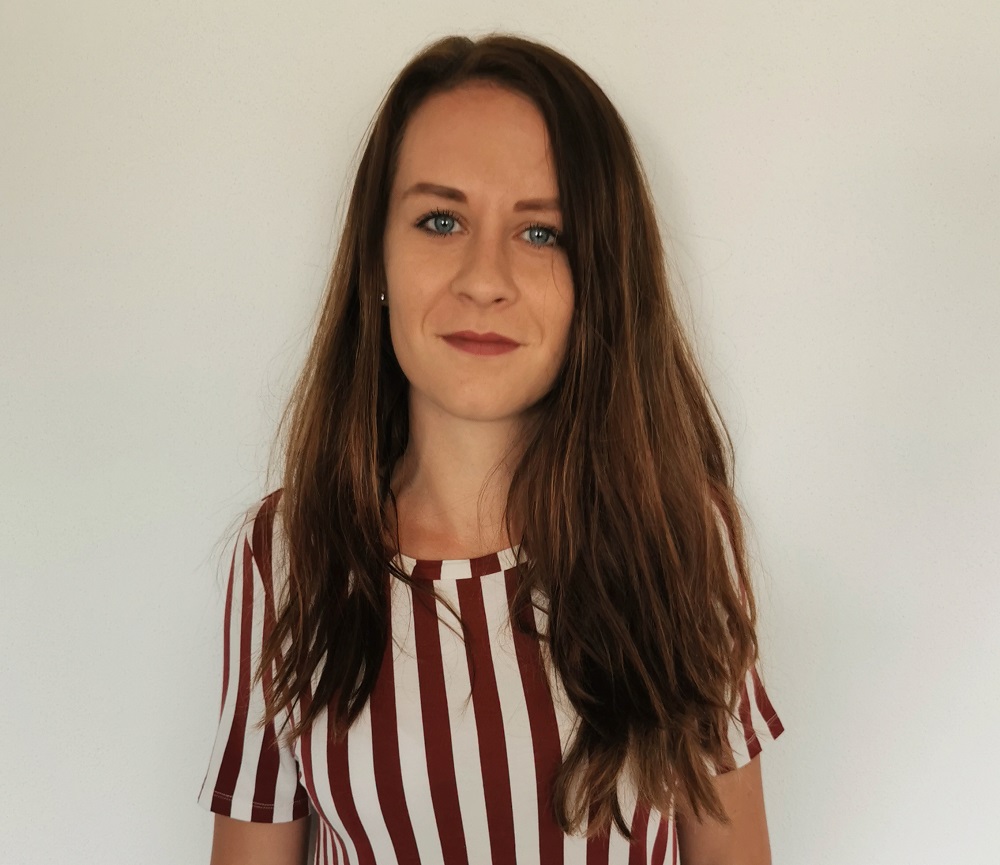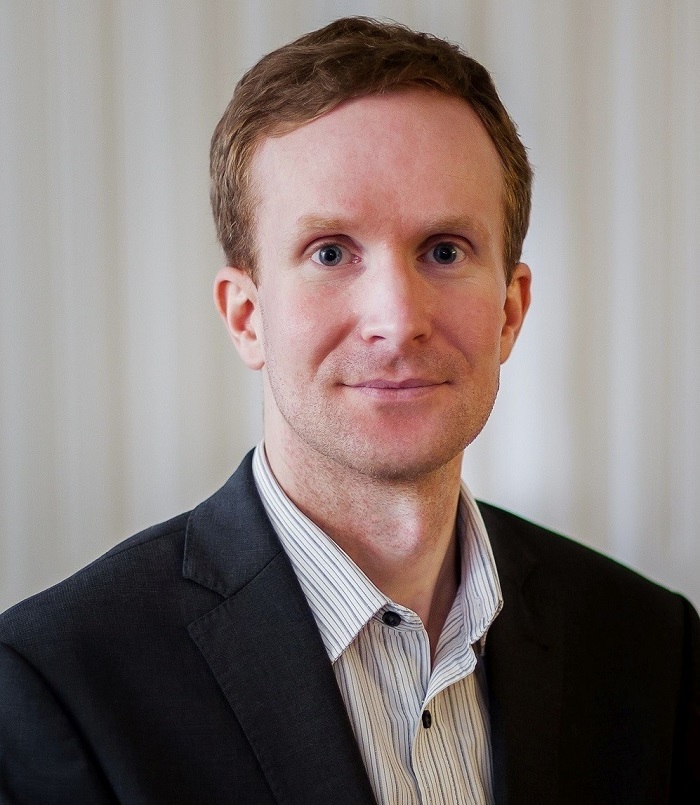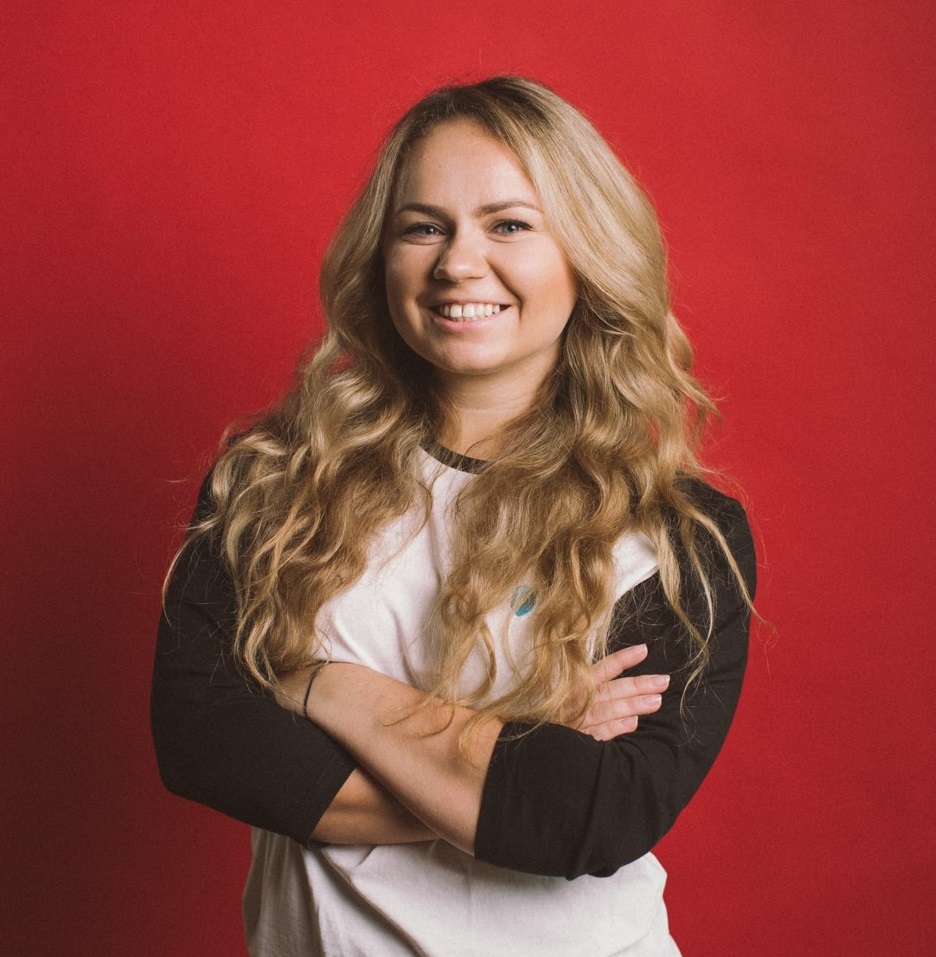
About the project
Europe nowadays faces many challenges, but one of the most serious one is the radicalization of youth. It is on the rise mainly due to the bias of media. Every day we see various news in the media that spread fear and hatred of migrants and other minorities. It is important to realize that the media play a crucial role and shape the attitudes of the whole society. Information published by the media also helps to strengthen public participation and involvement of public in decision-making processes.
Therefore, we can conclude that the media have the ability to influence not only attitudes and agenda, but also to shape social events. People tend to be pulled by the crowd, spreading hate speech, without deeper thought about the facts. It is therefore extremely important for media media to write objectively and for the society to be able to evaluate media content. Especially when the spread of hoax or misinformation concerns such sensitive issues as ethnic minorities. Such stereotyped information leads to misunderstandings, stigmatization, hatred and, as a result, to the division of society.
Unfortunately, sometimes we see that youth workers or teachers do not have the competence to recognize misinformation or false news and are themselves biased towards minorities. It is particularly important to educate especially those who are in daily contact with young people and contribute to the shaping of their views on this matter.
Youth workers, even those who do not work in a media organisation, are themselves creators of the media to some extent. Whether we are talking about citizen journalism, or using media tools within our social networks to reach the widest audience. Although it is almost impossible for anyone to be completely free of prejudice, it is essential that the personal biases of teachers and youth workers – no matter what they are – do not affect their professional activities.
Information about the project is also available on the Erasmus+ Dissemination Platform.
Objectives:
- To increase the competences of youth workers in the field of media literacy, focusing on media bias towards minorities and migrants.
- Encourage the development of intercultural competences of participants and thus contribute to their greater empathy, tolerance, and non-discrimination in the context of their youth work.
- Encourage an increase in the critical thinking of youth workers and their analytical competences.
- Develop a methodological guide with recommendations for youth workers in the field of media literacy, human rights, tolerance, and non-discrimination of minorities within their youth community / students and fellow youth workers.

Organisers
Denisa Karabová
coordinator
Martin Maška
trainer
Monika Kmeťová
trainer, organisational support
About the activity
Call for participants – English
Call for participants – Slovak
The Faces of Diversity project consisted of one training for youth workers on the topics of media literacy, minority rights, related issues, and tolerance. It took place over 6 days in Trnava, Slovakia, from 9 to 15 May, 2022. Participants learnt how to produce high-quality reports on topics related to minorities, tolerance, and non-discrimination in an unbiased and non-stereotypical way. They improved their critical thinking, acquired the basics of journalism (e.g. professional journalistic ethics, research, or how to prevent stereotypes and propaganda) and other important knowledge (e.g. minority rights, relevant issues, and advocacy).
![]() Here you can download full final programme of the week for an inspiration. (to be updated)
Here you can download full final programme of the week for an inspiration. (to be updated)
The training consisted of various workshops, seminars, and methods such as a panel discussion involving several experts, trainers, and participants. The first part focused on media literacy, its methods, and the analysis of the media themselves in terms of their content devoted to minority issues. The second part was devoted to human rights and the “minority perspective”, and included several workshops as well as a discussion with representatives of minorities and activitsts from Slovakia. The third part was practical, the so-called “Learning by Practice”. Participants developed methodological and educational materials that help them to facilitate their work with young people in the area.
The aim of the combination of informal and formal activities was to ensure the application of different types of learning methods and group dynamics. This allowed participants to join the network and share experiences, knowledge, and ideas with their peers. The training was open to youth workers who are over 18 years of age and regularly work with youth within a non-profit organization, or who are teachers at secondary / primary schools. Some of the participants had also background in journalists and media making. They received all important and useful information related to the training mainly in the form of this info-pack. (to be updated)
Final materials created by participants
During the training, the participants worked in groups and put together content of the Guidelines for youth workers on tolerance, human rights, and media literacy.
![]() You can download the whole publication here.
You can download the whole publication here.
Presentations by trainers and organisers
To be updated.
Impressions from the training
You can check the pictures on our social media, or in the gallery.
European Dialogue / Európsky Dialóg, o.z.
Financed by the European Union’s Erasmus+ programme, KA1 – Trainings of Youth Workers, through its Slovak National Agency – IUVENTA.
Participants of the training can receive LinkedIn certificate. If you are one of them, please write to m.maska@europskydialog.eu for details that are needed to complete the certificate.



